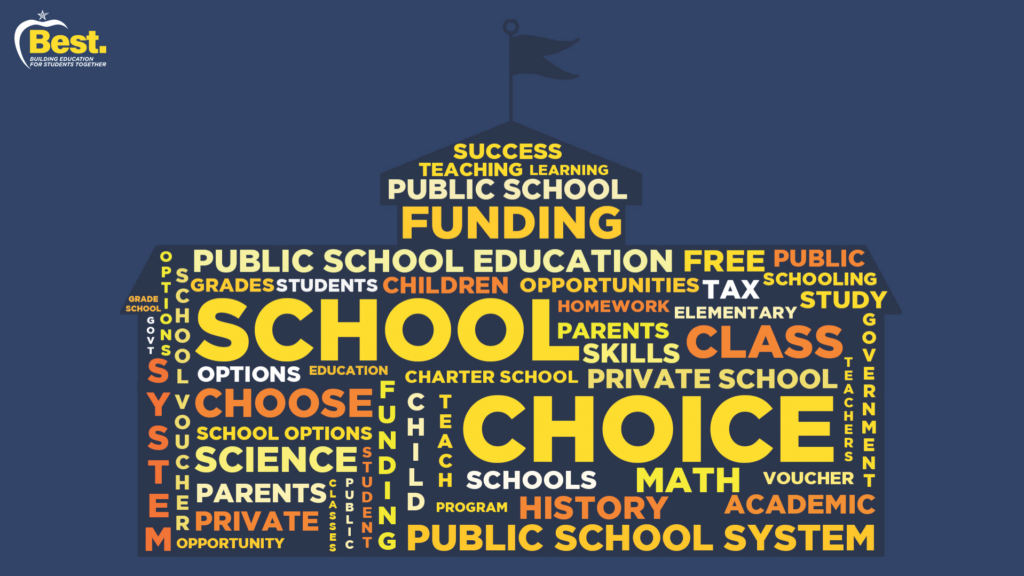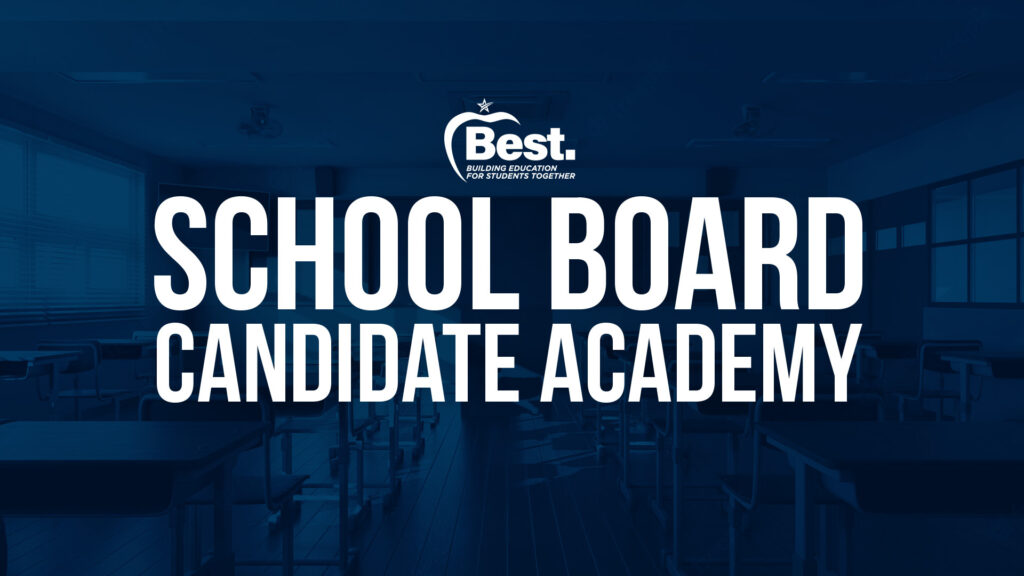Does School Choice Undermine Accountability?
A decision by the Washington State Supreme Court ruling charter schools unconstitutional has sparked a national conversation on the accountability of charter schools as opposed to traditional public schools, and the virtues of school choice in general. The chief issue in the case was the fact that charter school boards are not elected, and thus not eligible for public funding under the Washington Constitution. Unelected boards are regarded as unaccountable to taxpayers, and therefore undesirable.
While it is true that elections provide an important means of holding officials accountable, it is important to note that dollars are even more effective. Private companies do not hold elections for their officers, because there is already a clear barometer for success or failure, namely profits and losses. Elections are only necessary where funding is non-optional, as in most forms of government. An individual citizen can’t choose to not pay a congressman’s salary if he performs badly, so elections are a way to hold him accountable. Similarly, a parent can’t refuse to fund her local public school, so electing school board officials is an important check on power.
Charter schools, however, are different, because they allow parents a choice. You don’t have to send you child to a charter school, and since charters are usually funded on a per-pupil basis, the withdrawal of a child has a direct impact on the school’s budget. This means that there is a direct financial incentive for these schools to perform well. If they fail to serve their communities, they will lose funding, not only through lack of pupils, but by having their charters revoked by the state. This creates a layer of accountability totally absent in traditional public schools, and thus diminishes the need for elections.




